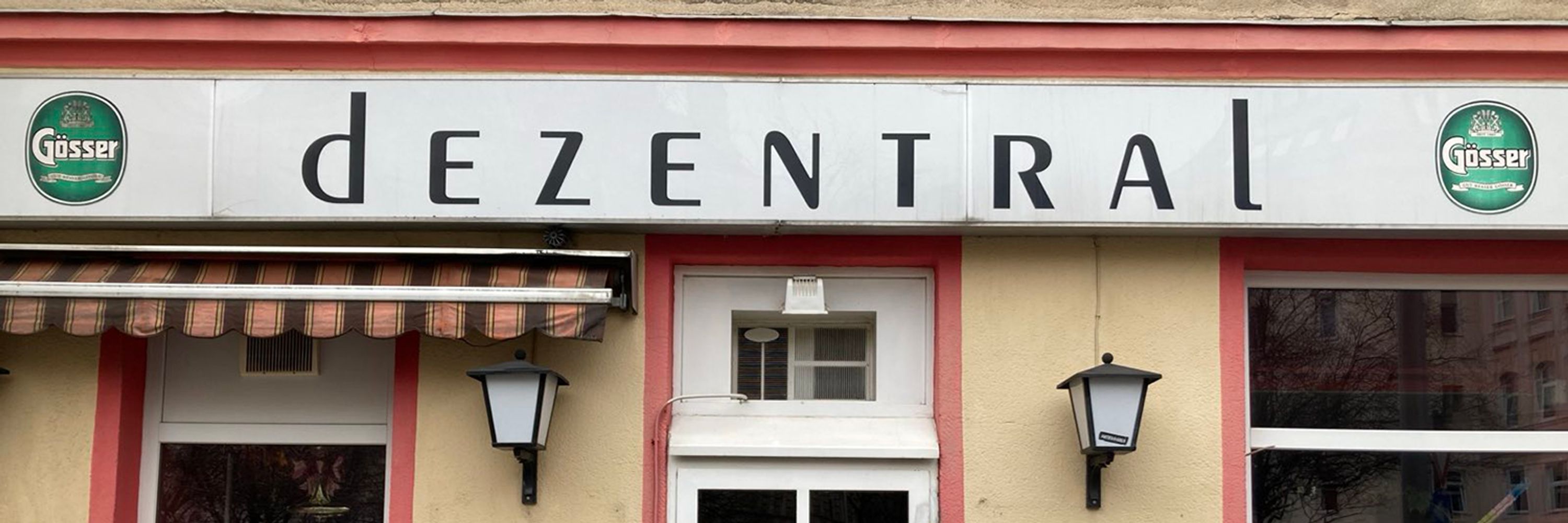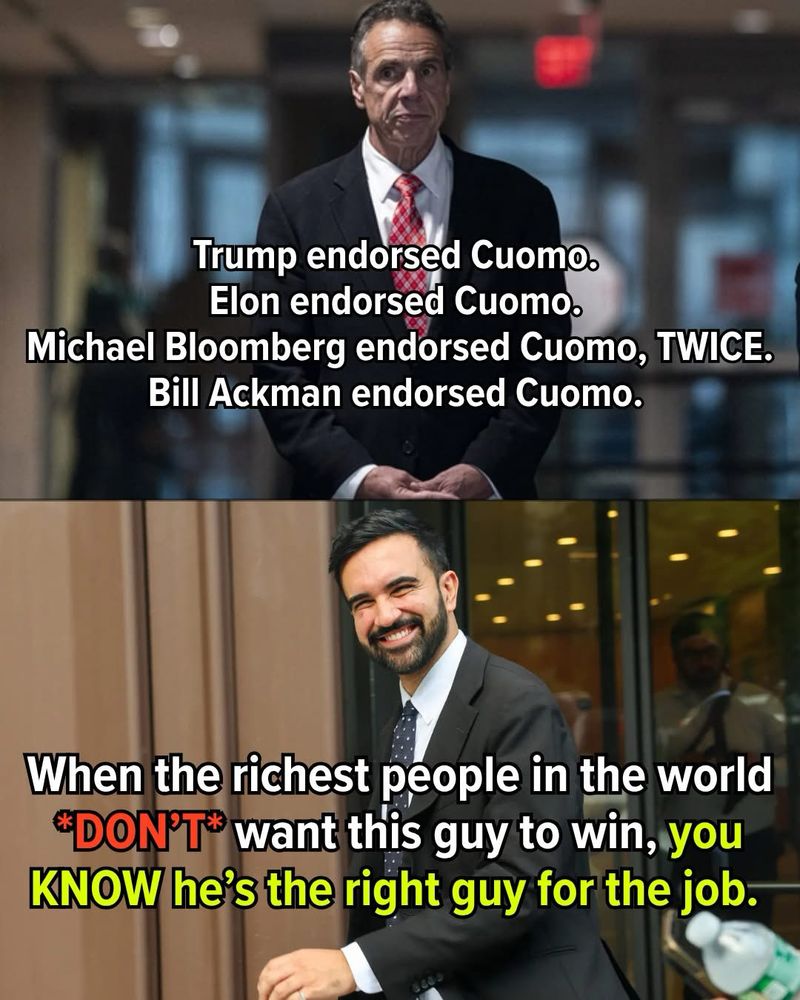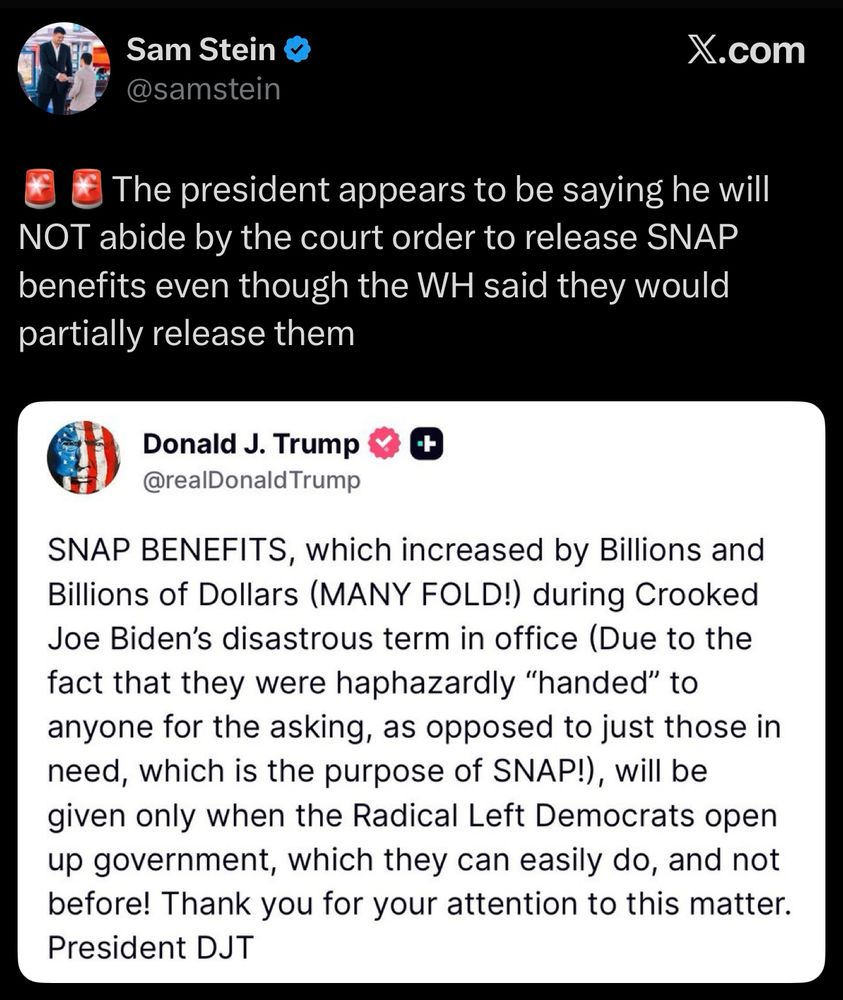Did Qualcomm kill Arduino for good?
Six weeks ago, Qualcomm acquired Arduino. The maker community immediately worried that Qualcomm would kill the open-source ethos that made Arduino the lingua franca of hobby electronics.
This week, Arduino published updated terms and conditions and a new privacy policy, clearly rewritten by Qualcomm’s lawyers. The changes confirm the community’s worst fears: Arduino is no longer an open commons. It’s becoming just another corporate platform.
Here’s what’s at stake, what Qualcomm got wrong, and what might still be salvaged, drawing from community discussions across maker forums and sites.
**What changed?**
The new terms read like standard corporate boilerplate: mandatory arbitration, data integration with Qualcomm’s global ecosystem, export controls, AI use restrictions. For any other SaaS platform, this would be unremarkable.
But Arduino isn’t SaaS. It’s the foundation of the maker ecosystem.
The most dangerous change is Arduino now explicitly states that using their platform grants you no patent licenses whatsoever. You can’t even argue one is implied.
This means Qualcomm could potentially assert patents against your projects if you built them using Arduino tools, Arduino examples, or Arduino-compatible hardware.
And here’s the disconnect, baffling makers. Arduino’s IDE is licensed under AGPL. Their CLI is GPL v3. Both licenses explicitly require that you can reverse engineer the software. But the new Qualcomm terms explicitly forbid reverse engineering “the Platform.”
**What’s really going on?**
The community is trying to figure out what is Qualcomm’s actual intent. Are these terms just bad lawyering with SaaS lawyers applying their standard template to cloud services, not realizing Arduino is different? Or is Qualcomm testing how much they can get away with before the community revolts? Or is this a first step toward locking down the ecosystem they just bought?
Some people point out that “the Platform” might only mean Arduino’s cloud services (forums, Arduino Cloud, Project Hub) not the IDE and CLI that everyone actually uses.
If that’s true, Qualcomm needs to say so, explicitly, and in plain language. Because library maintainers are likely wondering whether contributing to Arduino repos puts them at legal risk. And hardware makers are questioning whether “Arduino-compatible” is still safe to advertise.
**Why Adafruit’s alarm matters**
Adafruit has been vocal about the dangers of this acquisition. Some dismiss Adafruit’s criticism as self-serving. After all, they sell competing hardware and promote CircuitPython. But that misses who Adafruit is.
Adafruit has been the moral authority on open hardware for decades. They’ve made their living proving you can build a successful business on open principles. When they sound the alarm, it’s not about competition, it’s about principle.
What they’re calling out isn’t that Qualcomm bought Arduino. It’s that Qualcomm’s lawyers fundamentally don’t understand what they bought. Arduino wasn’t valuable because it was just a microcontroller company. It was valuable because it was a commons. And you can’t apply enterprise legal frameworks to a commons without destroying it.
Adafruit gets this. They’ve built their entire business on this. That’s why their criticism carries weight.
**What Qualcomm doesn’t seem to understand**
Qualcomm probably thought they were buying an IoT hardware company with a loyal user base.
They weren’t. They bought the IBM PC of the maker world.
Arduino’s value was never just the hardware. Their boards have been obsolete for years. Their value is the standard.
_The Arduino IDE is the lingua franca of hobby electronics._
Millions of makers learned on it, even if they moved to other hardware. ESP32, STM32, Teensy, Raspberry Pi Pico – none of them are Arduino hardware, but they all work with the Arduino IDE.
Thousands of libraries are “Arduino libraries.” Tutorials assume Arduino. University curricula teach Arduino. When you search “how to read a sensor,” the answer comes back in Arduino code.
This is the ecosystem Qualcomm’s lawyers just dropped legal uncertainty onto.
If Qualcomm’s lawyers start asserting control over the IDE, CLI, or core libraries under restrictive terms, they will poison the entire maker ecosystem. Even people who never buy Arduino hardware are dependent on Arduino software infrastructure.
Qualcomm didn’t just buy a company. They bought a commons. And now they inadvertently are taking steps that are destroying what made it valuable.
**What are makers supposed to do?**
There has been some buzz of folks just leaving the Arduino environment behind. But Arduino IDE alternatives such as PlatformIO and VSCode are not in any way beginner friendly. If the Arduino IDE goes, then there’s a huge problem.
I remember when Hypercard ended. There were alternatives, but none so easy. I don’t think I really coded again for almost 20 years until I picked up the Arduino IDE (go figure).
If something happens to the Arduino IDE, even if its development stalls or becomes encumbered, there’s no replacement for that easy onboarding. We’d lose many promising new makers because the first step became too steep.
**The institutional knowledge at risk**
But leaving Arduino behind isn’t simple. The platform’s success depends on two decades of accumulated knowledge, such as countless Arduino tutorials on YouTube, blogs, and school curricula; open-source libraries that depend on Arduino compatibility; projects in production using Arduino tooling; and university programs built around Arduino as the teaching platform
All of these depend on Arduino remaining open and accessible.
If Qualcomm decided to sunset the open Arduino IDE in favor of a locked-down “Arduino Pro” platform, or if they start asserting patent claims, or if uncertainty makes contributors abandon the ecosystem, all that knowledge becomes stranded.
It’s like Wikipedia going behind a paywall. The value isn’t just the content, it is the trust that it remains accessible. Arduino’s value isn’t just the code, it’s the trust that the commons would stay open.
That trust is now gone. And once lost, it hard to get back.
**Why this happened (but doesn’t excuse it**)
Let’s be fair to Qualcomm, their lawyers were doing their jobs.
When you acquire a company, you standardize the legal terms; add mandatory arbitration to limit class action exposure; integrate data systems for compliance and auditing; add export controls because you sell to defense contractors; prohibit reverse engineering because that’s in the template.
For most acquisitions, this is just good corporate hygiene. And Arduino, now part of a megacorp, faces higher liabilities than it did as an independent entity.
But here’s what Qualcomm’s lawyers missed: Arduino isn’t a normal acquisition. The community isn’t a customer base, it’s a commons. And you can’t apply enterprise SaaS legal frameworks to a commons without destroying what made it valuable.
This is tone-deafness, not malice. But the outcome is the same. A community that trusted Arduino no longer does.
Understanding why this happened doesn’t excuse it, but it might suggest what needs to happen next.
**What should have happened and how to still save it**
Qualcomm dropped legal boilerplate on the community with zero context and let people discover the contradictions themselves. That’s how you destroy trust overnight.
Qualcomm should have announced the changes in advance. They should have given the community weeks, not hours, to understand what’s changing and why. They should have used plain-language explanations, not just legal documents.
Qualcomm can fix things by explicitly carving out the open ecosystem. They should state clearly that the terms apply to Arduino Cloud services, and the IDE, CLI, and core libraries remain under their existing open source licenses.
We’d need concrete commitments, such as which repos stay open, which licenses won’t change, what’s protected from future acquisition decisions. Right now we have vague corporate-speak about “supporting the community.”
Indeed, they could create some structural protection, as well, by putting IDE, CLI, and core libraries in a foundation that Qualcomm couldn’t unilaterally control (think the Linux Foundation model).
Finally, Qualcomm might wish to establish some form of community governance with real representation and real power over the tools the community depends on.
The acquisition is done. The legal integration is probably inevitable. But how it’s done determines whether Arduino survives as a commons or dies as just another Qualcomm subsidiary.
**What’s next?**
Arduino may be the toolset that made hobby electronics accessible to millions. But that maker community built Arduino into what it became. Qualcomm’s acquisition has thrown that legacy into doubt. Whether through legal confusion, corporate tone-deafness, or deliberate strategy, the community’s trust is broken.
The next few months will reveal whether this was a stumble or a strategy. If Qualcomm issues clarifications, moves repos to some sort of governance, and explicitly protects the open toolchain, then maybe this is salvageable. If they stay silent, or worse, if IDE development slows or license terms tighten further, then that’s a signal to find alternatives.
The question isn’t whether the open hobby electronics maker community survives. It’s whether Arduino does.


![Screenshot of 2 posts by Donald J. Trump
@realDonaldTrump:
November 20, 2025, 10:21 AM
SEDITIOUS BEHAVIOR, punishable by DEATH!
November 20, 2025, 9:17 AM
This is really bad, and Dangerous to our Country. Their words cannot be allowed to stand. SEDITIOUS BEHAVIOR FROM TRAITORS!!! LOCK THEM UP??? President DJT
[quote post]
Washington Examiner @WashingtonExaminer:
November 19, 2025, 10:00 PM
Democratic veterans in Congress urge service members to refuse unspecified unlawful orders
washingtonexaminer.com/policy/defense/3892669/democratic-veterans-congress-unlawful-orders/
[photo of Pete Hegseth saluting]
Dem veterans in Congress urge service members to refuse unlawful orders
None of the Democrats specified what illegal orders they should be concerned about or what to do if they believe they are given one.](https://cdn.bsky.app/img/feed_thumbnail/plain/did:plc:4uq4tqloz4ka6f3g7jvjbemi/bafkreia5ye2yf6weiudc3judnoff2hdqbysdewgd7yojdt27zhmb3wiao4@jpeg)














